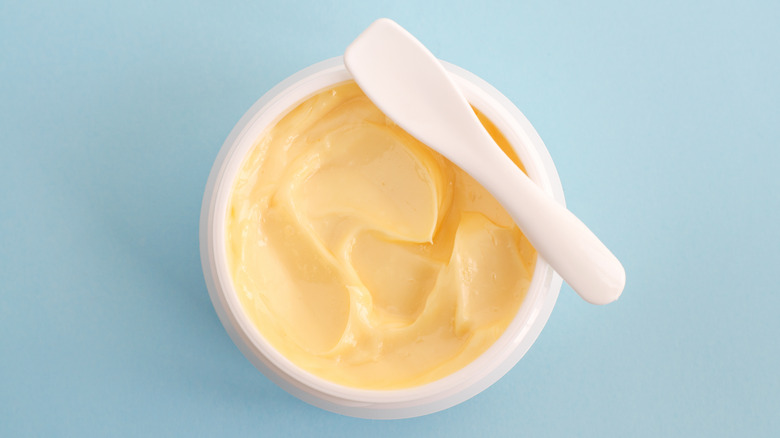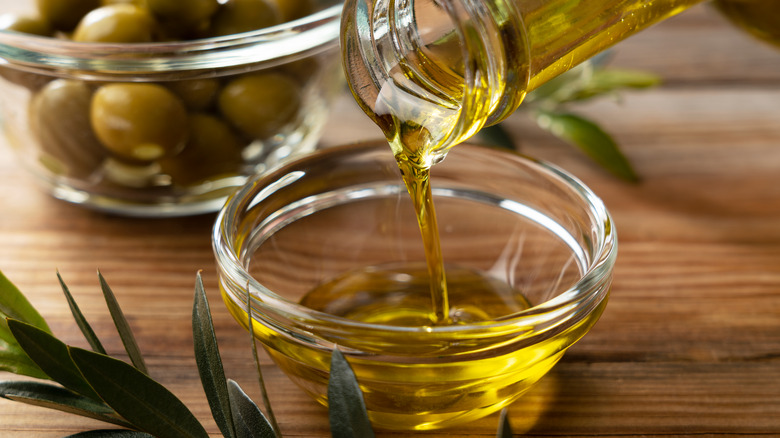When You Eat Butter Every Day, This Is What Happens To Your Heart
Consuming a lot of butter is common for people who are on Atkins, Bulletproof, and other diets that call for high amounts of fat with little to no carbs. As a 2018 study in the Indian Journal of Medical Research points out that a standard keto diet, for example, requires participants to consume 70% of their caloric intake from fat, 20% from protein, and 10% from carbohydrates.
Some studies show that high-fat, low-carb diets can be beneficial for metabolic health. Research in a 2017 study published in Applied Physiology, Nutrition, and Metabolism provided evidence that this dietary approach shows promise not only for an improvement in metabolic health but for short-term weight loss. MindBodyGreen states that there are six markers for gauging metabolic health: waist circumference, blood sugar levels, triglyceride levels, LDL cholesterol levels, blood pressure, and uric acid. Despite high-fat, low-carb diets being a viable means to managing health and weight, it's only natural to question whether eating too much fat, particularly in the form of butter, can be detrimental to our health.
Is butter a bad fat?
Butter is a saturated fat and, according to Medline Plus, too much saturated fat can cause your arteries to clog with cholesterol and raise levels of LDL cholesterol (that's the bad one). The higher your LDL levels, the more at risk you become for conditions such as heart attack and stroke. What's interesting, however, is that while butter can raise LDL levels, a 2015 study in The American Journal of Clinical Nutrition showed that it also increases levels of HDL cholesterol (the good one). Per Mayo Clinic, HDL cholesterol is responsible for removing bad cholesterol from the bloodstream. With that noted, the impact that butter has on the heart is canceled out as far as cholesterol is concerned.
If you're still not convinced, butter alternatives do exist. Avocados, coconut oil, and extra virgin olive oil are a few swaps. Mashed says that though plant-based butter is hardly any better, it is higher in monounsaturated fats (the good kind) and contains only 15% of saturated fat compared to 35% in regular butter.


